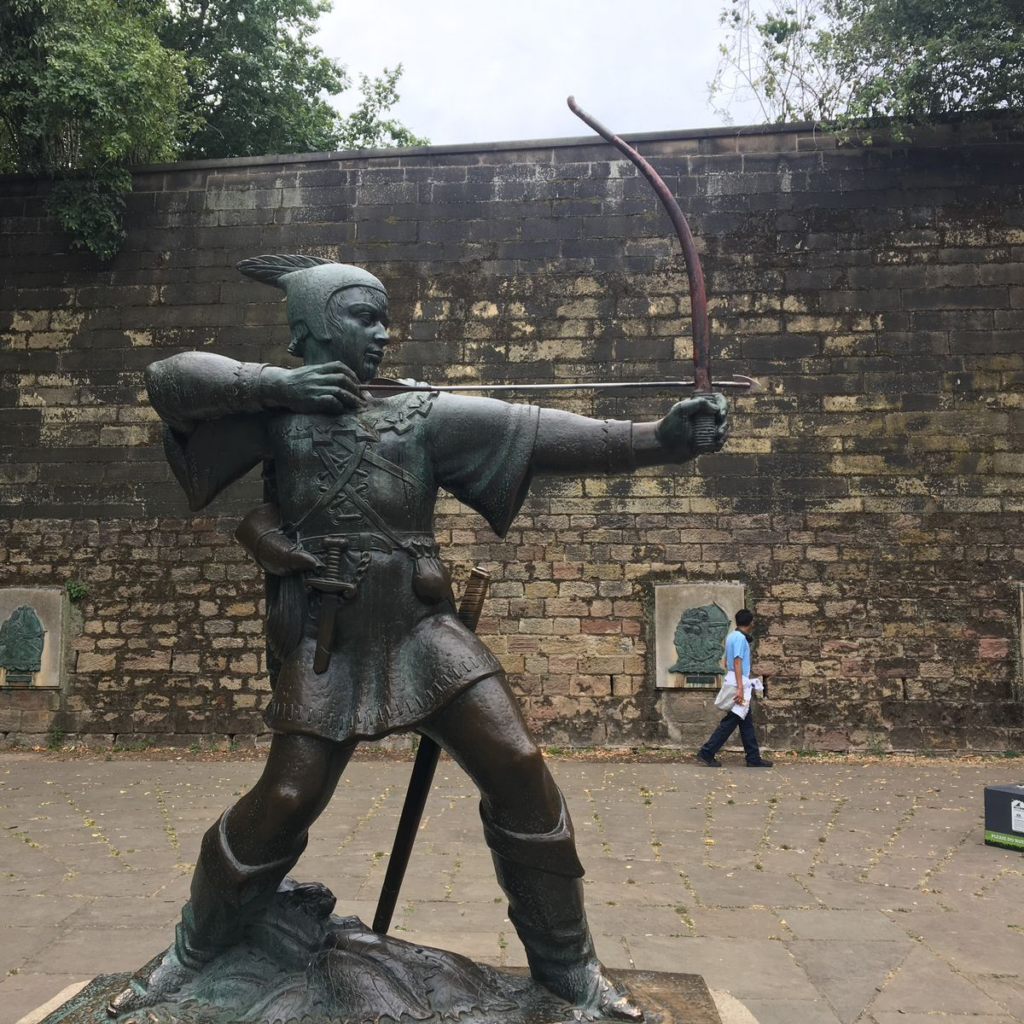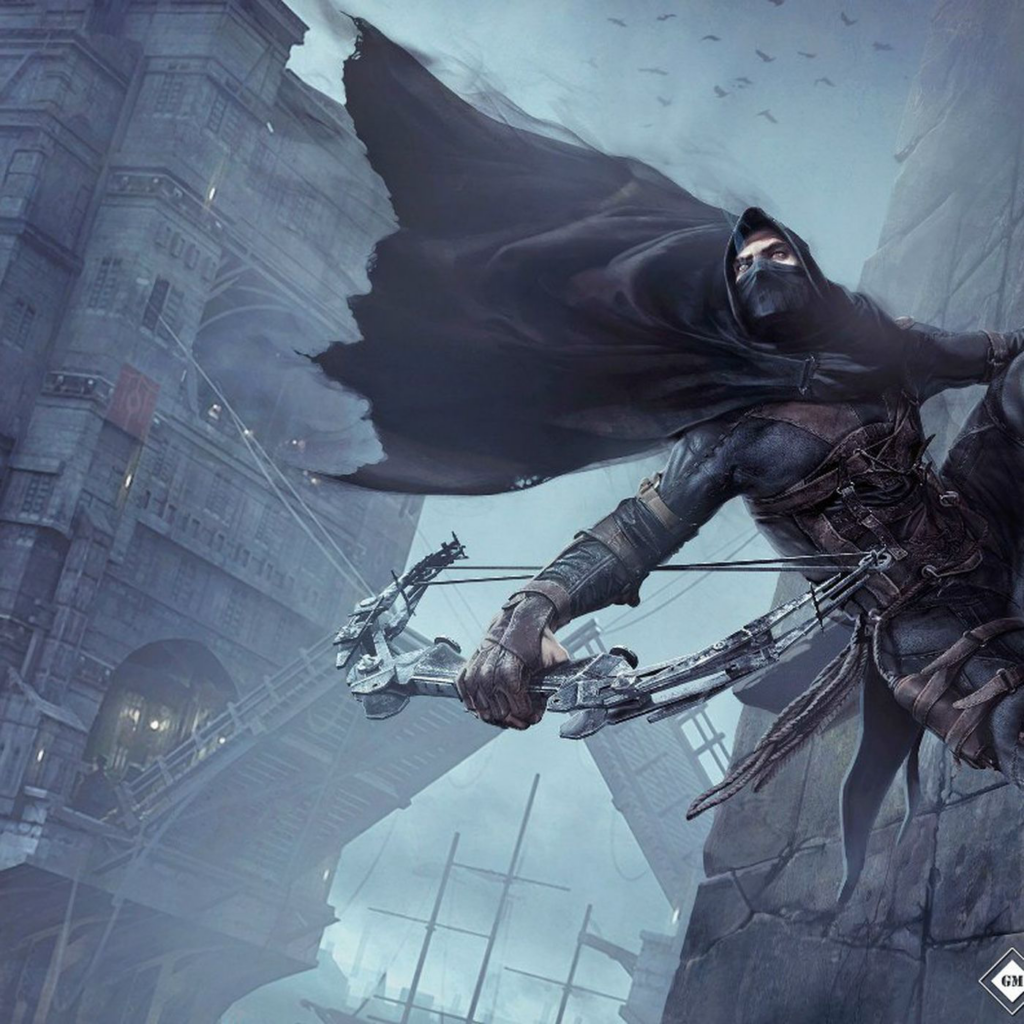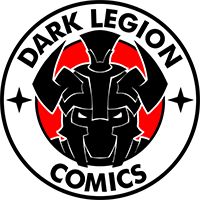The Sons of Ulysses: The Outlaw Heroes

When laws are instruments of oppression, when a just judgment cannot be found in a courtroom, when lawful obedience means submission to subjugation, the hero in a mask appears. Ghosting out of shadows in the night to strike terror in the souls of minions who keep the rotting edifice of unjust law from falling. The Outlaw brings retribution to their masters who while beyond the reach of their own legal decrees, are not beyond that of the hero into whose care has been given justice when justice fails. The Outlaw must wear several masks, the mask he shows to the servants of persecution, the mask he shows to the world at large, the mask he shows only to his closest loved ones, and the mask he shows only to himself. The outlaw trail is a lonely one and quite often, the Outlaw Hero ends his days as a martyr to his own cause.
What is an Outlaw Hero?
What defines an Outlaw Hero? Why do we look up to him? What is his purpose to those around him?
More importantly, why do we need him?
From a purely technical standpoint, the Outlaw Hero is a criminal. And a rather pure one at that. He has willfully broken the law, knowing full well the ramifications and consequences. Some outlaw heroes like Moses for example are overcome by rage at injustice happening in front of them and are incapable of restraining themselves. Others like Don Diego Vega, carefully lay their plans then attack when their hot blood is running cold.
The Outlaw is an agent of the realm of Chaos who crosses into that of Law to spread disorder. He is a disruptor. He is closely associated with the Trickster Hero and not infrequently is one. But unlike the pure Trickster Hero, his strongest heroic virtue is Justice, followed by his Fortitude. Justice compels him to action and Fortitude gives him the strength to face the consequences of his actions. Most importantly, the Outlaw Hero is acting out of altruism. While a personal injury may have pushed him over the edge, he is acting for the good of the common man, not himself.
And there will be consequences because most Outlaw Heroes one day face the gallows, it’s not a rock-solid requirement but serving as a hero who is unbroken even by his own death may well be the final push needed to bring down the forces of unjust law.
The outlaw hero generally falls into one of three categories the Brigand, the Thief, and the Assassin.
The Brigand

The Brigand is the most common and has the longest tradition in history and myth for the simple reason that they are frequently based on the exploits of real men; Bulla Felix, Robin Hood, Rob Roy, Joaquin Murrieta, Jesse James, and even John Dillinger.* There’s a reason for that. The Brigands were robbing authorities that the general population hated and viewed as Thieves Who Write Laws. The Brigands all share several traits. They’re never seen when seen, they’re never found when found and never caught when caught. They have a concern for justice for the common man, and to one degree or another satirize a legal system that is viewed as unjust. There is an undercurrent to the legends that these brigands are still motivated by the virtue of prudence, (I use the old definition of the word meaning, prudence is the desire to do good for the sake of doing goodness). Most are archers or gunslingers, the reason for that is simple enough, projectile weapons are the great equalizer. No matter how big and tough the minions of unjust laws are, they aren’t tougher than an arrow through the eye.
The Thief

The Thief is far less heroic than the Brigand. He is motivated more by greed, than any of the heroic virtues. He is far closer in spirit to the Trickster Hero. He isn’t really motivated by any sense of societal justice. If he gives money to the common man it is because he wants the common man to look the other way while he steals something. His only real heroic virtue is fortitude, he will see any job through to the end. Given the thief’s unique skill set, seeing the job through to the end might just mean saving the world.
Finally, there is the last of the Outlaw Heroes, The Assassin.

He was a good man once. He was always driven by duty. First, duty to his country, second duty to his children and his wife, then to his parents. What he reserved for himself always came last. He was a selfless man. Which is why there was little left of himself when those more primary duties were stripped away from him. Fortitude is the Assassin hero’s only virtue. He has only one remaining duty, retribution. His is the loneliest path and it must always end with his own blood on the ground.
The Outlaw Heroes Enemies:
The Outlaw is unusual in that he is in part defined by his enemies. He stands in defiance of tyranny and therefore must have antagonists.
The Sergeant: This opponent is simply a base thug. A man enslaved to his id who enjoys vulgar pleasures and torments of the innocent. He is a lesser enemy that the Outlaw must prove his mettle against if he is to be any kind of a hero.
The Captain: A much higher-quality thug. He is indispensable to the regime that oppresses the people. He is the man who gets things done. A servant of the regime but hardly a loyal one, he feels he should be the man in charge, but is usually held to his position by boundaries of class. He is the genuine opponent of the Outlaw Hero and the last line of defense against the Outlaw’s final opponent.
The Tyrant: The evil and greedy man who writes the unjust laws. Physically he isn’t remotely a challenge to the Outlaw, but the system he is the head of is. Because the Tyrant himself is nothing and that’s the fundamental problem. Kill one tyrant and there will simply be another one in the morning. The system the Tyrant heads is the one thing that all of the Outlaw’s wit, cunning, skill, and courage can never defeat. Only the People he champions can do that.**
And that is the Outlaw Hero’s purpose to those around him. While he has always brought hope to those who thought they were beyond hope, the Outlaw Hero himself must follow the bleaker path of William of Orange, “It is not necessary to hope in order to persevere.” Because he knows where the outlaw trail has to end.
The Outlaw Hero’s purpose is why we need him. He has to make a sacrifice of himself. Because ultimately, men know when they are governed by the corrupt and the unjust. They know when they are being fed a steady diet of lies and are ordered to declare that these lies are truths. They know they should stand up and do the right thing no matter the cost to themselves and their loved ones, but their lives are just comfortable enough that doing so carries a price they are too frightened to pay.
We need the Outlaw Hero because he will do what we know should be done.

*Well, Akshually…

Yes, Mister That Guy, I am perfectly aware of the fact that none of them were as heroic in real life as their legends made them out to be. That’s why they are called legends. And pointing this out is why you spent most of your high school years with your underwear wedged between your ass cheeks.
** There is one other rather interesting antagonist of the Outlaw Hero, the Detective Hero. The servant of Law who cannot help but serve the law even if he knows he is in the wrong because the Detective Hero is always a defective hero. Those make for superb stories.

